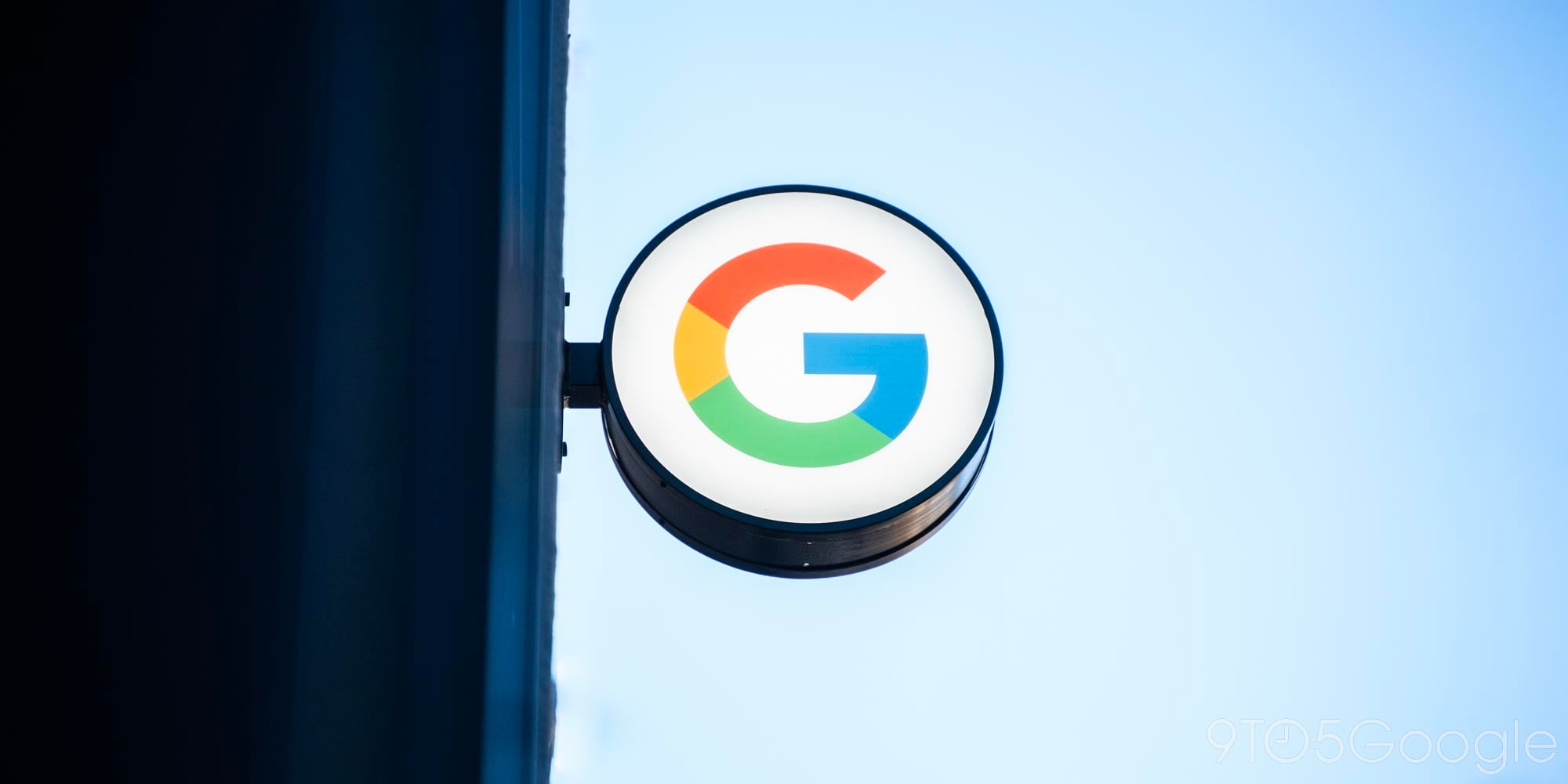
During a talk at the LISA ’13 conference in Washington D.C earlier this month, a couple members from Google’s Macintosh Operations team explained how the company has been forced to develop its own set of tools to manage its fleet of roughly 43,000 Macs. The reason, according to Google engineers Clay Caviness and Edward Eigerman, is that Apple isn’t doing a great job at supporting its enterprise management tools. As the first slide of the presentation (pictured above) puts it, “While Apple won’t do much for you, there are tools out there you can use to keep your machines secure, up to date and useful.”
“We don’t use any of Apple’s tools to manage the Macs. Apple arguably produces two tools, Mac OS X server… and Apple Remote Desktop. It kinda breaks down when you get it over 50, 100, 200 machines that you’re managing… we’ve sort of lost their attention as far as enterprise management tools.”
During one slide (pictured above, right), Google uses the red line to represent the release of the iPhone while noting Apple’s remote desktop “hasn’t had a major revision to it since 2006.” To avoid using Apple’s management tools, Google has either developed its own tools or is using open source tools for everything from configuration, to package management, monitoring system levels and more. Google announced during the talk that one of the imaging tools it developed, CanHazImage, will soon be hitting open source. 
While Google mentioned during the presentation that it supports four desktop OS platforms (OS X, Windows, Linux, and Chrome OS) internally, it also said these days employees that want to use a platform other than Mac OS X “have to make a business case” to do so. Compare that roughly 40k monthly actives from Macs reported during the presentation to the 42,162 full-time employees at the company (not including Motorola). The Googlers also noted that the company managed to update from 10.7 to 10.8 for 99.5% of its fleet in 8 weeks and it’s currently trying to accomplish the same for 10.9 Mavericks.
You can watch or download the full presentation here.
(via TheRegister)






